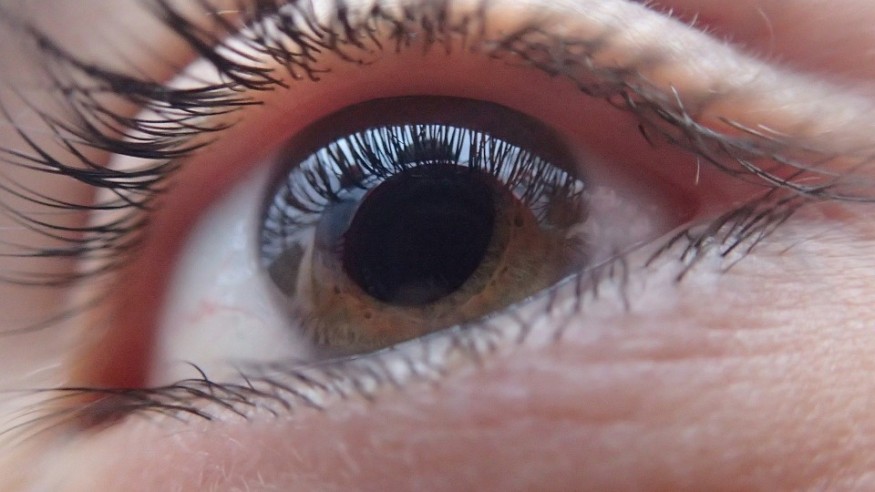
A British teenager who had been a "picky eater" has lost his vision and endured tremendous hearing trouble because of his junk food diet, according to reports.
The 14-year-old boy complained to his family physician of tiredness despite being "generally well" and "took no prescriptions," said the report published in the Annals of Internal Medicine.
The teenager, when he reached the age of 15, started to lose his hearing and was referred to an ear, nose, and throat expert. Not long after, he encountered issues with his eyesight, but MRI scans and an eye exam revealed no diagnosis at that time.
His vision kept on worsening throughout the next two years. The teenager's vision had reached 20/200—which is considered legally blind in the United States and the United Kingdom—when he reached the age of 17.
The tests did not point to any solid reason when the teenager was found to have an optic nerve issue. Blood tests likewise affirmed he lacked in vitamin B12 and iron and was treated with B12 shots.
Despite being given nutritional supplements, his eyesight did not further improve. It made the physicians decide to investigate further into his eating habits.
According to the report by the kid's primary care physicians in Bristol, England, the teenager was prevented from consuming liquor, tobacco, or illegal drugs when the specialists examined the teenager's nutritional habits.
According to an NBC news report, researchers noted that the patient admitted he wouldn't eat certain kinds of food since elementary. Instead, he would consume fries from the nearby fish and chip shop and nibbled on sausages, processed ham, white bread, and Pringles every day.
Subsequent to rule out different reasons for the vision loss, they determined him to have "nutritional optic neuropathy"—a case of how nutritional deficiencies could harm a person's cellular nerves.
Nutritional insufficiencies can add to vision and hearing issues, yet in advanced nations, "purely dietary causes" for such vision issues are uncommon, the authors noted.
In the high schooler's case, nutritional insufficiencies in a few fundamental nutrients and minerals, including B nutrients and copper, most likely assumed a role in his vision and hearing trouble.
Optic nerve damage from poor nutrition "is potentially reversible if caught early." The researchers said it might lead to permanent blindness if left untreated. Eyeglasses, however, won't help either as nerve damage can't be adjusted with a lens.
The high schooler proceeded on a course of supplement intake to help forestall further visual deficiency and was alluded to treatment for dietary problems.
The researchers said the "picky eater" really has what analysts call "avoidant-restrictive food intake disorder," an analysis credited to grown-ups who stay away from specific colors, textures, and other subjective attributes which leads to the inability to meet proper nutrients as well as vitality needs.
Dr. Denize Atan, a Bristol Medical School's ophthalmologist who serves as the lead author of the study, highlighted that calorie intake and BMI are not reliable markers of a person's nutritional status.
Atan and her team noted that the condition is progressively pervasive in the future, given the widespread "junk food" consumption and the lack of nutritious food choices, and the growing presence of veganism if the vegetarian diet isn't enhanced to avoid vitamin B12 inadequacy.
The research team recommends that dietary history ought to be a piece of any routine clinical assessment, such as knowing the patient's smoking and liquor intake. It will help avoid misdiagnosis of nutritional optic neuropathy. The person may completely recover from avoidant–restrictive food intake disorder if diagnosed on early stages.
© 2026 NatureWorldNews.com All rights reserved. Do not reproduce without permission.





